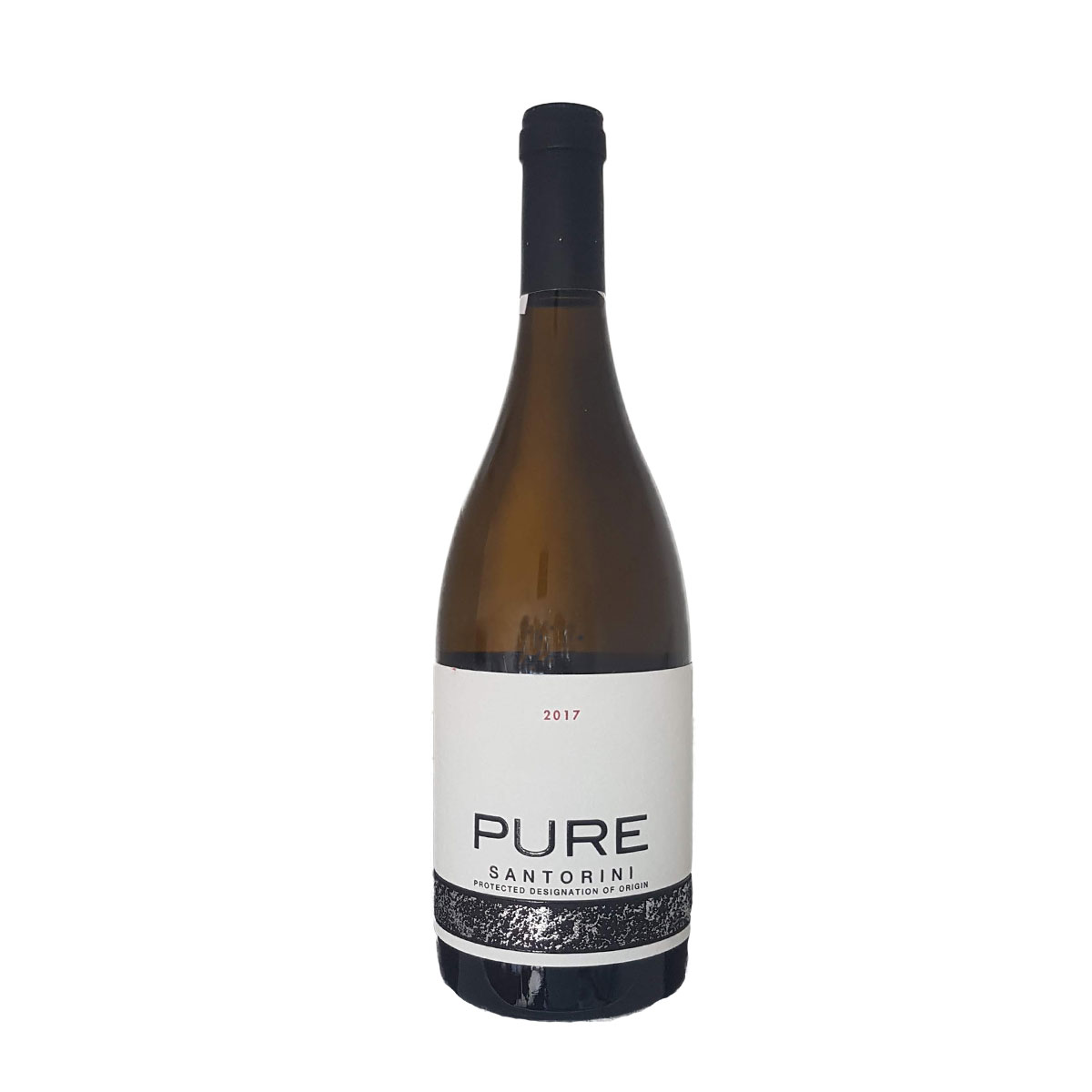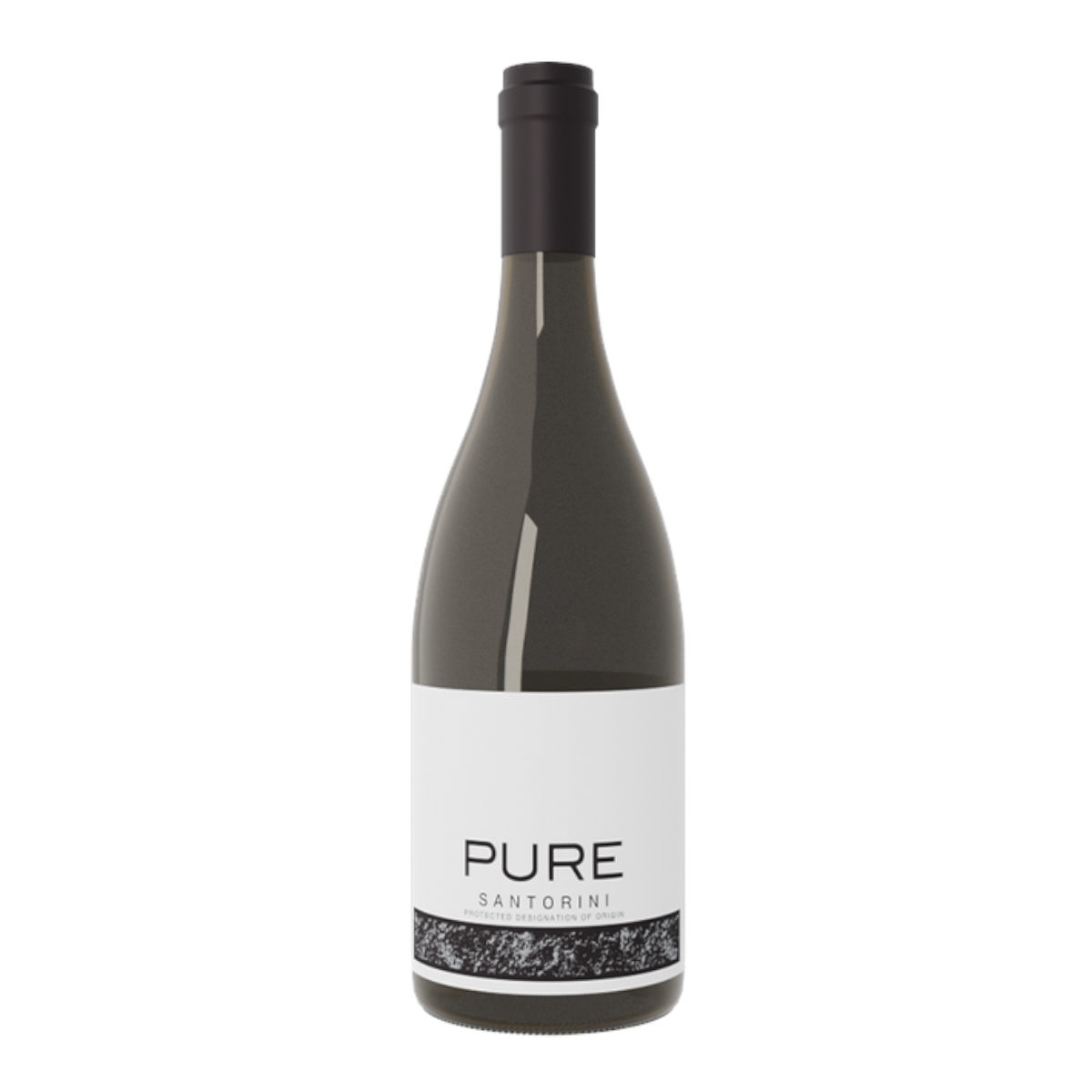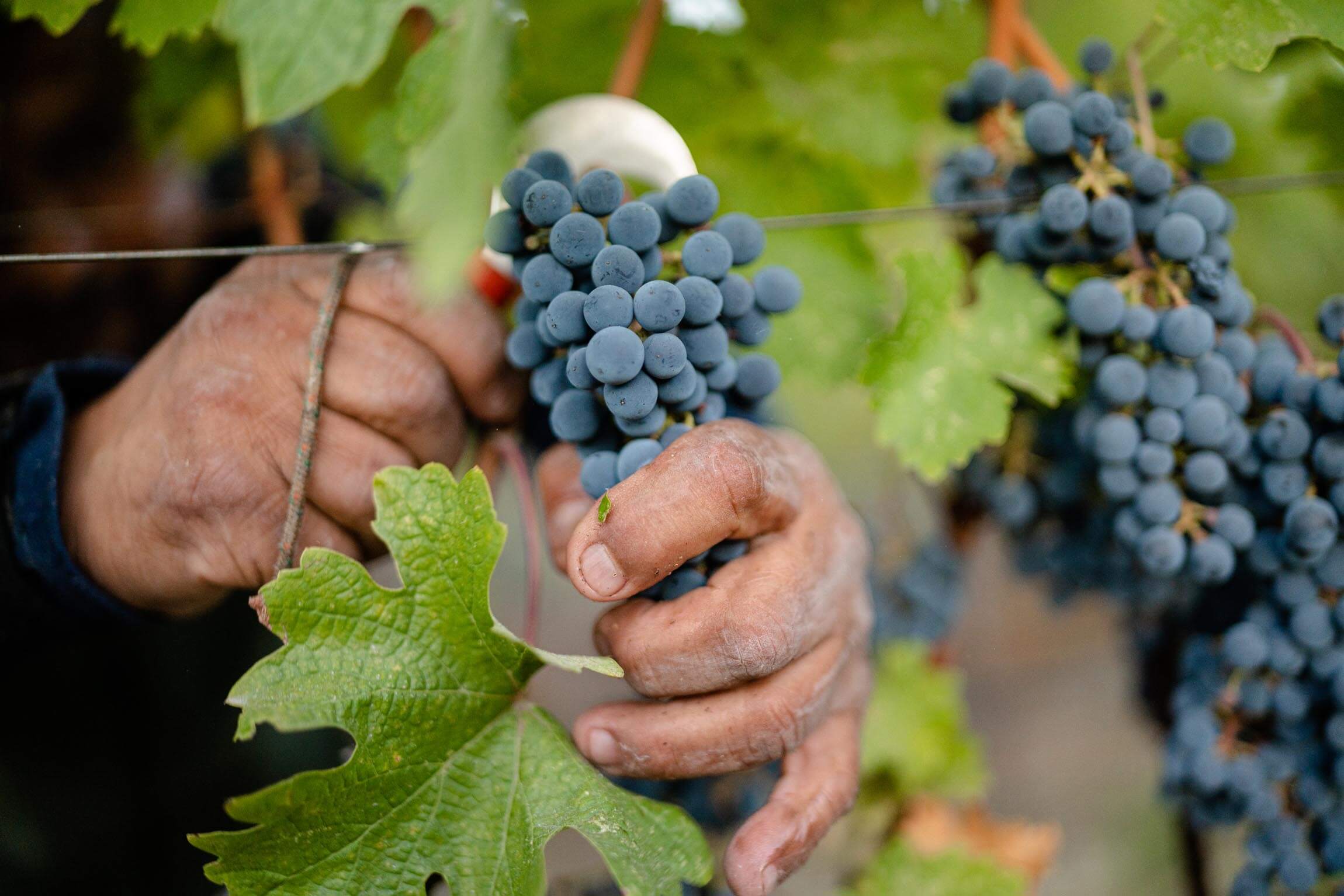Ever wondered why some of the world's most exquisite wines come from places that were once fiery battlegrounds of nature? Let’s dive into the fascinating world of volcanic slopes vineyards winery where the past volcanic eruptions gift us some of the finest wines on the planet. This isn’t just a winery; it’s a testament to how the earth's raw power can nurture extraordinary flavors. So grab a glass, and let’s explore this unique viticulture phenomenon together, shall we?
Picture this: lush green vineyards sprawling across the rugged terrains of ancient volcanoes. Sounds dreamy, right? But there’s more to it than meets the eye. The volcanic slopes vineyards winery taps into the rich, mineral-laden soils left behind by volcanic activity, creating wines with a distinct taste profile that’s hard to replicate elsewhere. It’s like nature’s way of turning disaster into delight.
Now, you might be thinking, "What’s so special about these wines?" Well, buckle up because we’re about to take you on a journey through the unique terroir, the winemaking process, and why volcanic slopes vineyards winery is a must-visit for any wine enthusiast. Whether you’re a seasoned sommelier or just someone who enjoys a good glass of vino, there’s something here for everyone.
- Alles Ber Simon Helbergs Kinder Namen Alter Auftritte
- Aktuell Katja Herbers Partner Alles Ber Scott Cohen Beziehung
Understanding the Terroir of Volcanic Slopes Vineyards Winery
Let’s start with the basics—what makes volcanic slopes so special for winemaking? The answer lies in the soil. Volcanic soils are rich in minerals like potassium, magnesium, and calcium, which are essential for grapevines. These minerals contribute to the unique flavors and aromas found in volcanic wines. Plus, the porous nature of volcanic soil helps with drainage, preventing waterlogging and promoting healthy root growth.
The climate on volcanic slopes also plays a crucial role. Often located at higher altitudes, these vineyards benefit from cooler temperatures and greater diurnal temperature variation, which helps the grapes retain their acidity and develop complex flavors. It’s like the grapes get a VIP pass to a perfect growing environment.
Why Volcanic Soils are a Winemaker's Dream
- Rich in essential minerals
- Porous structure for excellent drainage
- Enhances grape flavors and aromas
- Supports sustainable viticulture practices
But it’s not just about the soil and climate. The unique landscape of volcanic slopes presents its own set of challenges and opportunities. Winemakers have to be innovative and resourceful, often employing traditional techniques passed down through generations. This blend of nature’s gifts and human ingenuity is what makes volcanic slopes vineyards winery truly remarkable.
- Athina Onassis Wer War Sie Wirklich Enthllungen Amp Fakten
- Entdecke Matt Berry In Adventure Time Seine Rollen Amp Mehr
History of Volcanic Slopes Vineyards Winery
Let’s rewind a bit and explore the history of volcanic slopes vineyards winery. Believe it or not, the tradition of growing grapes on volcanic soils dates back thousands of years. Ancient civilizations like the Greeks and Romans recognized the potential of these unique terrains and started cultivating vines in regions such as Mount Etna in Sicily and the volcanic islands of the Canary Islands.
Over time, the practice spread to other parts of the world, including the Pacific Ring of Fire, where wineries like those in California’s Napa Valley and Chile’s Maipo Valley have embraced the volcanic terroir. Each region brings its own twist to the art of winemaking, influenced by local traditions, grape varieties, and climatic conditions.
Key Historical Events in Volcanic Slopes Winemaking
- Ancient Greeks cultivating vines on Mount Etna
- Roman expansion of viticulture across volcanic regions
- Modern wineries embracing sustainable practices
Today, volcanic slopes vineyards winery continues to evolve, with winemakers experimenting with new grape varieties and techniques while honoring the rich heritage of their ancestors. It’s a beautiful blend of old and new, tradition and innovation.
Types of Grapes Grown in Volcanic Slopes Vineyards
Not all grapes are created equal, especially when it comes to volcanic slopes. Certain grape varieties thrive in these unique conditions, producing wines with distinct characteristics. Let’s take a look at some of the most popular grape varieties found in volcanic slopes vineyards winery.
Red Grape Varieties
Nero d’Avola, native to Sicily, is one of the stars of volcanic winemaking. This robust red grape produces wines with a rich, full-bodied flavor profile, often featuring notes of dark chocolate and ripe berries. Then there’s Tempranillo, a Spanish variety that flourishes in the volcanic soils of the Canary Islands, offering wines with a smooth, velvety texture and hints of spice.
White Grape Varieties
On the white side, we have Catarratto, another Sicilian gem that benefits from the mineral-rich volcanic soils. This grape produces crisp, refreshing wines with citrus and floral notes. And let’s not forget Malvasia, found in the volcanic regions of Portugal and the Azores, known for its aromatic and slightly sweet characteristics.
Each grape variety brings its own personality to the table, making volcanic slopes vineyards winery a diverse and exciting place for wine lovers.
The Winemaking Process at Volcanic Slopes Vineyards
Now that we’ve covered the grapes, let’s talk about the winemaking process. At volcanic slopes vineyards winery, the process begins with careful vineyard management. Winemakers must pay close attention to the unique challenges posed by the terrain, such as steep slopes and varying microclimates.
Harvesting is often done by hand to ensure the best quality grapes are selected. Once the grapes are harvested, they undergo a meticulous fermentation process that can vary depending on the winemaker’s desired style. Some winemakers prefer traditional methods, while others embrace modern technology to enhance the wine’s characteristics.
Steps in the Winemaking Process
- Vineyard management and grape selection
- Hand-harvesting for quality control
- Fermentation using traditional or modern techniques
- Aging in oak barrels or stainless steel tanks
The aging process is another critical step, where the wine develops its complexity and depth. Some wines are aged in oak barrels to impart a rich, oaky flavor, while others are aged in stainless steel tanks to preserve their fresh, fruity characteristics.
Unique Characteristics of Volcanic Wines
What sets volcanic wines apart from others? It’s all about the terroir, baby. The mineral-laden soils give these wines a distinctive taste profile that’s hard to replicate elsewhere. You’ll often find notes of volcanic ash, smoke, and earthiness alongside the traditional fruit and floral flavors.
Volcanic wines also tend to have a higher acidity, which makes them perfect for pairing with food. Whether it’s a rich pasta dish or a light seafood platter, there’s a volcanic wine out there to complement it perfectly. And let’s not forget their aging potential. Many volcanic wines improve with age, developing even more complex flavors over time.
Tasting Notes of Volcanic Wines
- Mineral and earthy undertones
- High acidity with balanced fruit flavors
- Complex aromas and long finish
So, the next time you’re sipping on a volcanic wine, take a moment to appreciate the journey it’s been through—from the fiery depths of the earth to your glass.
Visiting Volcanic Slopes Vineyards Winery
Thinking about visiting a volcanic slopes vineyards winery? You’re in for a treat. These wineries offer more than just a glass of wine; they provide an immersive experience that connects you with the land and its history. From guided tours to wine tastings, there’s something for everyone.
Many wineries also offer food pairings, allowing you to enjoy the local cuisine alongside their finest wines. It’s a feast for all the senses, and a great way to deepen your appreciation for volcanic wines.
What to Expect on Your Visit
- Guided vineyard tours
- Wine tastings with expert sommeliers
- Food and wine pairing experiences
Whether you’re a wine aficionado or just looking for a fun day out, visiting a volcanic slopes vineyards winery is an experience you won’t forget.
Environmental Impact and Sustainability
In recent years, there’s been a growing focus on sustainability in the wine industry, and volcanic slopes vineyards winery is no exception. Many winemakers are adopting eco-friendly practices to minimize their environmental impact and preserve the unique ecosystems of their vineyards.
From using organic and biodynamic farming methods to implementing water conservation techniques, these wineries are leading the way in sustainable viticulture. It’s not just about producing great wine; it’s about doing it in a way that respects the planet and future generations.
Sustainable Practices in Action
- Organic and biodynamic farming
- Water conservation and recycling
- Reducing carbon footprint through renewable energy
By choosing wines from sustainable volcanic slopes vineyards winery, you’re supporting a movement towards a more environmentally conscious wine industry.
Conclusion: Why Volcanic Slopes Vineyards Winery Matters
So, there you have it—the fascinating world of volcanic slopes vineyards winery. From the unique terroir and grape varieties to the winemaking process and sustainable practices, there’s so much to love about these wineries. They remind us that sometimes, the most unexpected places can produce the most extraordinary things.
As you sip your next glass of volcanic wine, take a moment to reflect on the journey it’s been through. And if you haven’t already, consider planning a visit to a volcanic slopes vineyards winery. Trust me, it’s an experience you won’t regret.
Now it’s your turn! Have you tried any volcanic wines? What was your favorite? Leave a comment below and let’s chat about it. And don’t forget to share this article with your fellow wine lovers!
Table of Contents
- Understanding the Terroir of Volcanic Slopes Vineyards Winery
- History of Volcanic Slopes Vineyards Winery
- Types of Grapes Grown in Volcanic Slopes Vineyards
- The Winemaking Process at Volcanic Slopes Vineyards
- Unique Characteristics of Volcanic Wines
- Visiting Volcanic Slopes Vineyards Winery
- Environmental Impact and Sustainability
- Conclusion: Why Volcanic Slopes Vineyards Winery Matters



Detail Author:
- Name : Dr. Darrell Romaguera
- Username : zaria.shields
- Email : nannie.bogisich@gmail.com
- Birthdate : 1980-07-16
- Address : 4931 Russell Divide Freedastad, MD 47522-4957
- Phone : 1-740-365-8493
- Company : Spencer-Wyman
- Job : Orthotist OR Prosthetist
- Bio : Odit laborum ea harum esse. Id officiis sed ratione et. Quaerat eveniet cupiditate omnis ipsam vel. Culpa magni magni nam.
Socials
facebook:
- url : https://facebook.com/dominiquekunde
- username : dominiquekunde
- bio : Rerum ea quibusdam aut quasi deleniti.
- followers : 2100
- following : 1237
twitter:
- url : https://twitter.com/dominiquekunde
- username : dominiquekunde
- bio : Iure ut id alias tenetur consequatur qui voluptatibus. Aut amet in ab veniam laboriosam. Et eos voluptas quis minus ex sequi dicta.
- followers : 2920
- following : 204